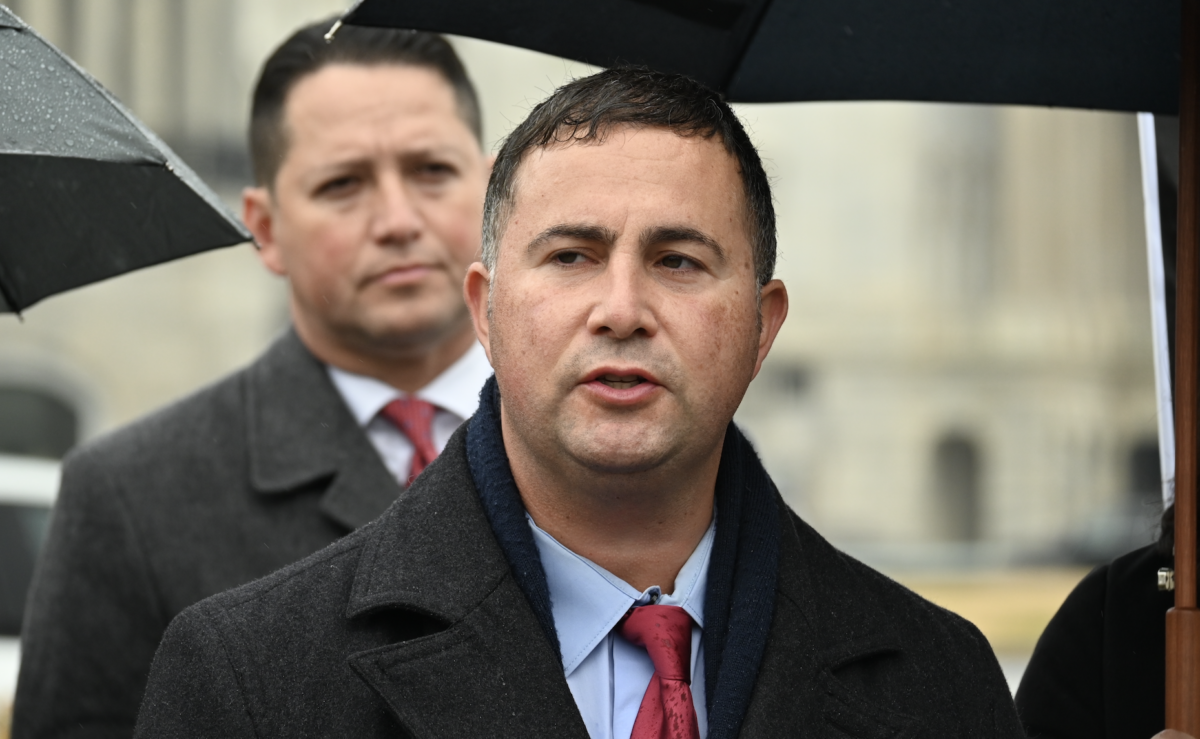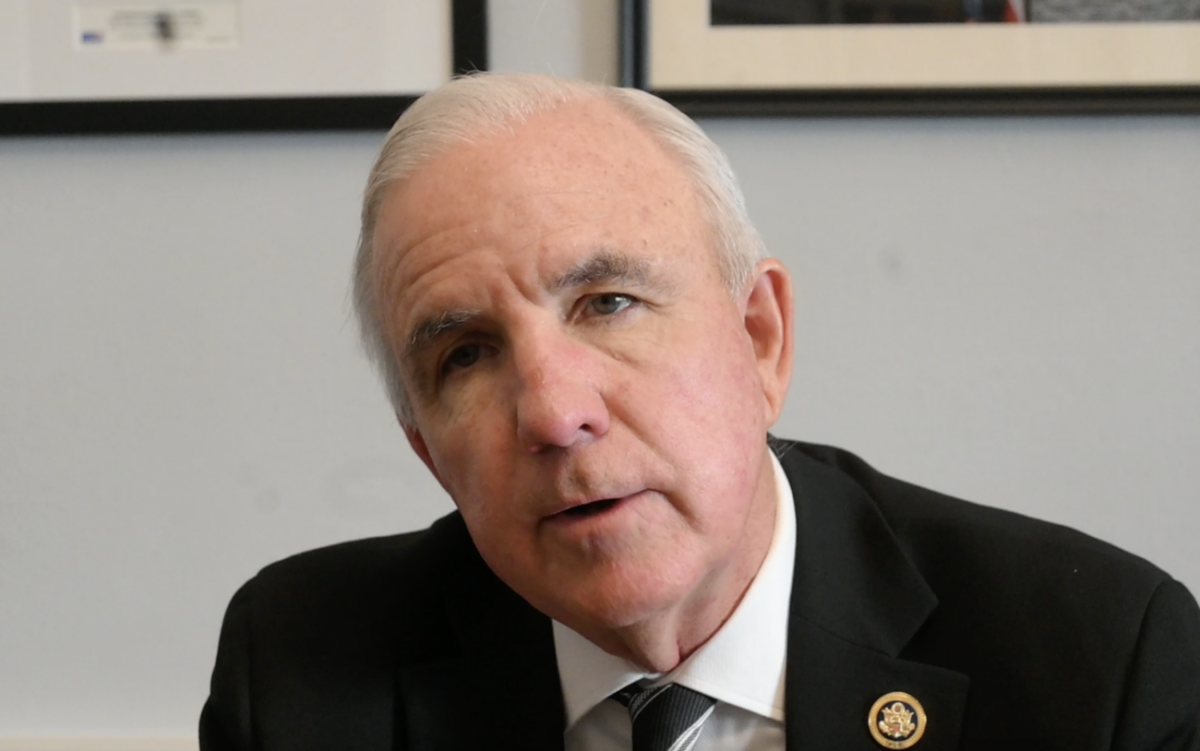TALLAHASSEE, FL—A far-reaching defamation bill united conservatives and liberals in strong opposition, despite a strike-all amendment softening its components. Though the measure removed controversial provisions related to claims of discrimination, it still facilitates the ability to sue a journalist.
"When you make a false statement, you are committing some kind of negligent act against someone," SB 1780's sponsor, Republican Sen. Jason Brodeur, said Monday. "[This bill] helps resolve potential frivolous lawsuits and brings accountability to those that knowingly publish false statements,"
In most cases, a journalist may not be compelled to disclose the identity of an anonymous source. This allows potential whistleblowers to feel secure in revealing some sort of clandestine or unethical happening to the journalist in question. SB 1780 presumes that if a journalist's statement is proven to be false, and it was derived from an anonymous source, the journalist is assumed to have acted with actual malice and is liable to be sued.
However, a reporter would likely have to reveal the identity of the source in order to exonerate themselves, complicating the anonymity and security thought to be present between a source and a journalist.
"It will put journalists in a position of needing to out their trusted sources or face liability," ACLU policy director Kara Gross said in public testimony. "This bill chills speech of journalists as well as members of the public who criticize officials,"
Conservative defense attorney James Lake spoke to the insurance issues the bill will raise, explaining that liability protection insurance is often present in defamation cases. "This bill would encourage lawsuits, would punish conservative speakers, and would drive up insurance costs," He said. "If these kinds of laws are enacted, insurance companies are going to have to look hard at charging more for that form of coverage, or maybe not at all,"
A previous version of the bill would have targeted defendants who accuse plaintiffs of racist or sexist actions, allowing the plaintiff to sue the defendant for defamation of character. Following backlash over free speech and constitutionality, Sen. Bordeur's strike-all amendment removed this section.
A new portion of the bill provides protections for individuals targeted by AI deepfakes, citing that "90-95 percent of deepfake videos are now nonconsensual pornographic content, and 90 percent of those target women—mostly underage—and they have no remedy for these kinds of things," The bill sponsor explained.
Democrats voted against the bill, while Brodeur's fellow Republicans voted in favor—though they addressed that the bill must undergo some changes.
"I think this needs a lot of work," Republican Sen. Gayle Harrell said. "I will support it today with a promise that there will be continued work on it...I look forward to hearing more and perhaps another strike all amendment coming forward,"













